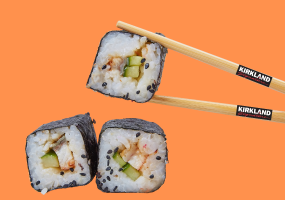Grains have always been controversial, as numerous nutritionists and health junkies would usually point out that it's fattening and it isn't recommended. But some grains such as quinoa, millet, flax, chia, oats, and amaranth are often mentioned by millennial health buffs, but truth is, these grains are already consumed and used as a primary stale ages ago.
Grains have been stuck in a long debate over time, on whether it should be part of one's regular diet. Over the past few years grains are included in common health issues such as being sensitive towards grain consumption, and they'd usually fall under the "food to avoid" list as some would state that it is packed with carbs.
Fact is, some carbohydrates are actually filled with nutrients, which is good for the body. Everyday Health website was able to come up with common grain myths, and they did give out possible solution to debunk the speculations.
One of the most common myths is the speculation that grain is loaded with calories. Fact is, whole grains actually aid in weight loss. As long one consume grains in proper proportions, there is nothing wrong with eating it. They do not have excessive calorie amount compared to rice or couscous. Whole grains have ample amount of fiber, protein, and it hosts vitamins and minerals which are needed by the body.
As per Health Food Solution on the other hand, there is "no significant connection" between grain consumption and an individual's health.
Another is that it was stated that grains makes an individual bloated. Truth be told however whole grains are actually good for digestion. The bloated feeling is normally experienced by individuals that associated whole grains into their diet for the first time, which means that they're not used to eating fiber yet. To avoid having this experience, continuously consume whole grain food and a lot of water.









